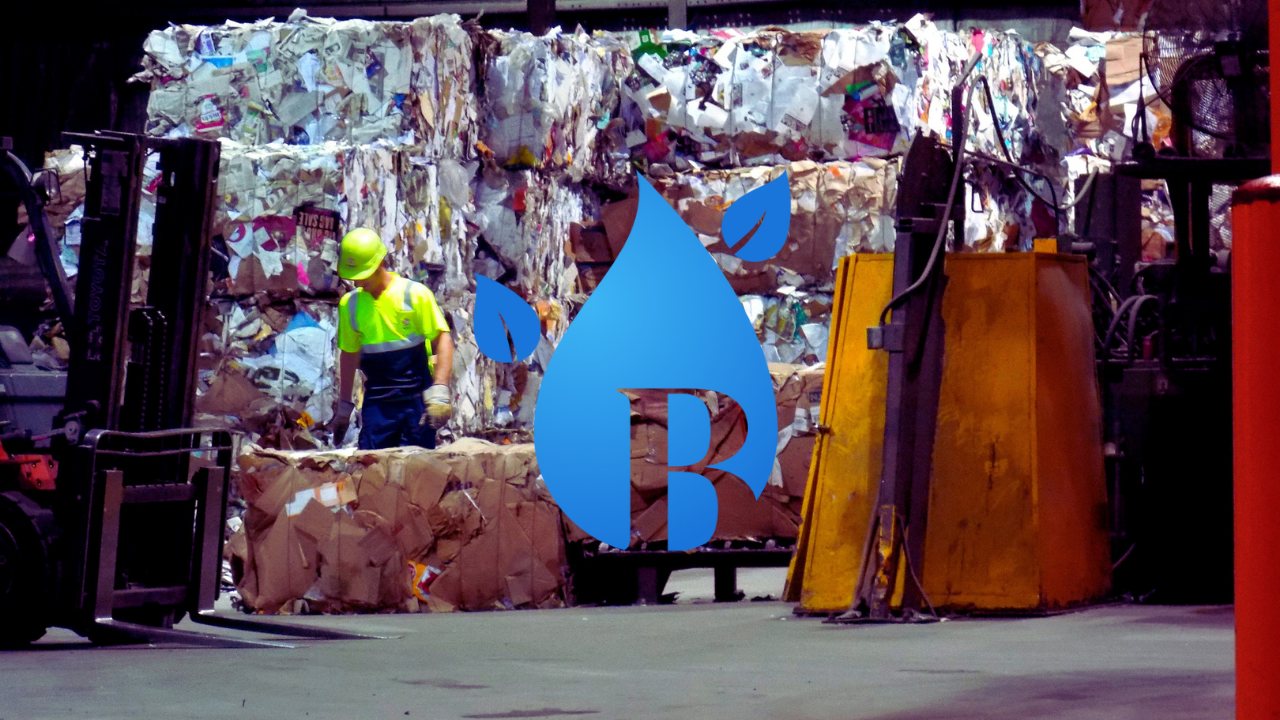
Biofuel presents a win-win, turning waste into non-polluting fuel for transportation and clean energy for industries
India’s fast-growing population is migrating toward the country’s cities; 50 percent of India’s 1.3 billion citizens will live in urban areas by 2050. In a consumer-centric economy driven by industrialization, e-commerce, packaged products, and last-mile delivery, cities produce vast amounts of waste every day – both organic and inorganic.
Urban India produces up to 1,50,000 metric tons (MT) of municipal solid waste every day, adding up to 50 million MT. By 2031, this will increase to 125 million MT per year. In keeping with city lifestyles and disposable income, the nature of waste also changes, with more plastic and non-biodegradable waste being sent to landfills. Currently grappling with the literal mountains of waste, mega-cities like Delhi are struggling to reduce landfills taller than India Gate or almost as tall as the leaning tower of Pisa. This is causing a domino effect of issues from methane fires at dumpsites to toxic leachate contaminating the groundwater or air pollution from burning garbage. Additionally, organic waste abounds from India’s agricultural industry and growing cooking oil consumption, all of which become feedstock for biofuel.
A report produced by the Ministry of Housing and Urban Affairs notes that 50 to 55 percent of urban waste is a valuable resource, which can be made profitable by applying appropriate processing. One of the ways in which waste can turn into wealth is through biofuels. Biofuel can be produced from any organic waste, and since this can be readily replenished, is considered a renewable resource. In fact, technology also exists to convert plastic into feedstock for biofuel.
This is good news for the environment and for the economy as well. A huge quantity of urban plastic wastes and industrial wastes which are dumped in landfills or into oceans can be converted into quality biofuels. India currently imports over 80 percent of its oil to meet various fuel needs of manufacturing, industry, and transportation; in the fiscal year 2021-22, India’s crude import bill exceeded USD 55 billion. Using waste as a resource is then a winning proposition from all perspectives – with substantial savings for the economy, reduced costs from municipal budgets, and most importantly, a step towards a circular economy. Biofuel produces fewer CO2 emissions than burning petrol or diesel and can be used without any changes in the technologies.
How to Achieve Sustainable Living
The government has laid out the E20 roadmap, mandating a 20% ethanol blend (B20) in petrol and by 2030, biodiesel with 5% ethanol will be available. The Food Safety and Standards Authority of India (FSSAI) has also launched RUCO – Repurpose Used Cooking Oil – a system to collect used cooking oil that can be converted to biofuel. B20 biofuel blends can be used in most vehicles without any engine modification. Similarly, large industries and manufacturing companies can easily adapt their power infrastructure to use biofuel.
The E20 plan looks at the transportation industry as low-hanging fruit for biofuel adoption – passenger and commercial vehicles, as well as public transport, consume mostly petrol and diesel. Airlines that are mass consumers of jet fuel are also potential candidates for the switch to biofuels. Transport companies and vehicle manufacturers are keen to find non-polluting solutions for the industry, and several initiatives toward biofuel and electric vehicles are already seen. In fact, even as electric vehicles become more popular, the power they draw remains produced by fossil fuel. This makes biofuel a better interim option to reduce pollution and CO2 emissions, as power generation changes to renewable sources.
States are in various stages of deploying waste management to counter the problems of pollution, air quality and groundwater purity caused by landfills and ocean dumping. Organic waste is a resource that can help solve the country’s immediate fuel needs with clean and non-polluting biofuel, and address the issue of waste management with the same stroke. As India embarks on the journey to fulfil its commitment to reach NetZero by 2070, using waste to fuel our vehicles, power small industries and provide heat and light to communities is a quick win.
Leave a Reply